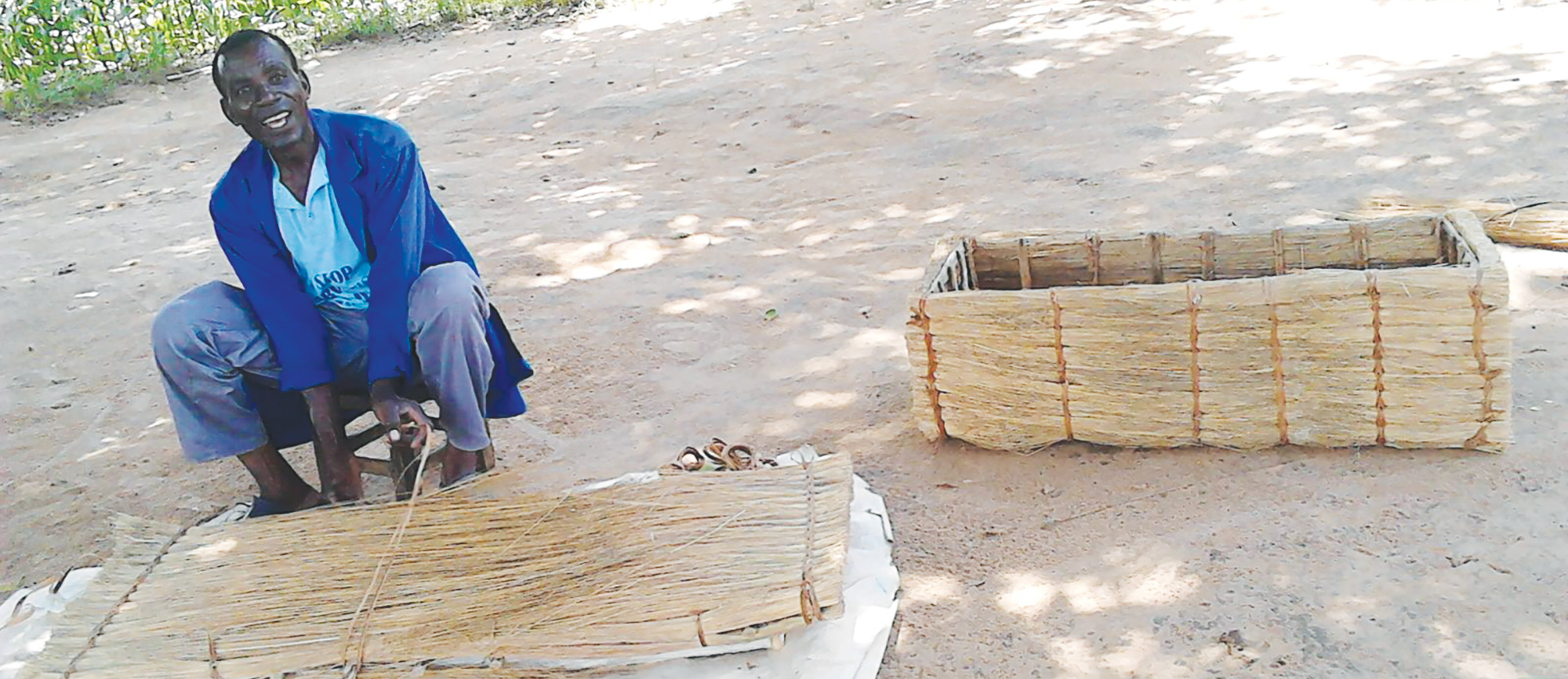Education is repeatedly mentioned as a priority by refugees often as their only hope for a better future. Today, the number of refugees worldwide is at an all time high; more than half of them children, spending years seeking asylum. Ideally, refugee children should be in schools learning, gaining skills and knowledge that will help prepare them for when they return home to find jobs and rebuild their communities. As a result, it is critical to consider how such education programs prepare refugees to be problem solvers and seek innovative approaches in very difficult environments where they live. Is it possible then, to utilize potential time in school to help shift the notion of refugees from being a burden to their host communities, towards being a benefit, contributing innovative solutions to the challenges where they live? Bringing innovation into the education sector has the potential to play a vital role in changing this paradigm.
Globally, there is a shift within humanitarian organizations to be more innovative. Typically, this has been interpreted as the integration of the private sector as a means in which to grow innovation. While this has shown potential, I would add that to make refugees more a part of the process, especially in areas of leading towards more self-sufficiency, education plays a critical role. Furthermore, the integration of ICT and social media can be strong factors in seeking innovative solutions to the ongoing challenges faced by refugees.
Innovation and education are intertwined. In order to innovate, one has to be able to identify a challenge, look for a solution and learn from the solution and adjust the approach. This requires knowledge, critical analytical skills, and creative thinking, in which education (as well as experience) can help develop. While one can be innovative based on their own experiences and prior knowledge, why not use schools as a place to identify solutions and to support refugees in becoming part of the answer to challenges as part of the innovative process?
Schools are an integral part of the community and invariably interlinked with multiple facets of society, but most critically the lives of students and their families. This inter-connectedness is a key reason why I believe that the use of schools is critical in examining how to support more innovative approaches in the humanitarian sector. The methods in which refugees are educated, supported, and involved in decision-making, will continue to change. While there has always been the argument to be more participatory and innovative in the approach and design of humanitarian work, new technologies is making this more possible and plausible.
Technology is playing an ever-more important role in innovation and education. This is due to technology’s role in globalization, through connecting people and space and resources. Through access to technology, refugees can further their ability to be innovative and exchange ideas. While putting computers in schools is not new in development contexts, such projects have faced challenges in being successful, especially in poor areas and hostile environments, and are rarely used in emergency situations. Yet, such failures should not obstruct seeking more appropriate innovations and solutions in order to generate access to technology in refugee settings.
There are numerous challenges to bring innovative solutions and technology into traditional humanitarian settings. Such challenges include:
- Resistance to change within the humanitarian context;
- Limited knowledge of technology;
- Security and maintenance of equipment;
- Sustainability of innovative and technology projects in schools
However, there are ways to address these challenges through refugee-community led solutions. Instead, these challenges can fuel even more innovative solutions to address the particular demands in such contexts, and as a result should not hinder accessing the benefits of technology.
The coming together of the humanitarian sector, private sector, and refugees on an equal playing field will provide a platform where innovative ideas can flourish. Each has a critical role to play and collaboration between the various stakeholders is key. Education plays a fundamental role in the innovation cycle, which leads me to again comment on the importance of bringing in new technologies and innovation into the sector. By having an education sector that is innovative and adapts to the learning needs of its community, refugees can become part of the conversation in addressing challenges.
If you’d like to repost this article on your website, please see our reposting policy.









